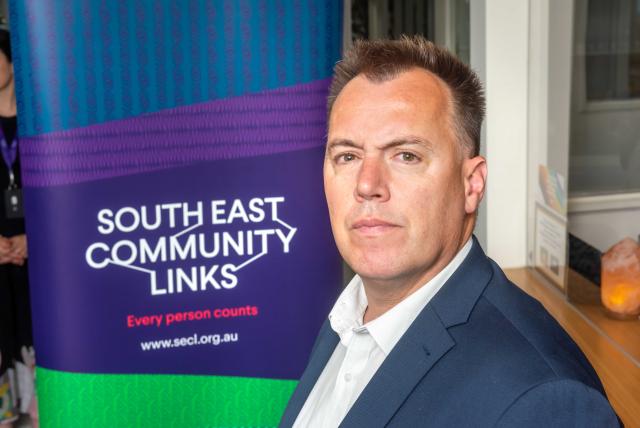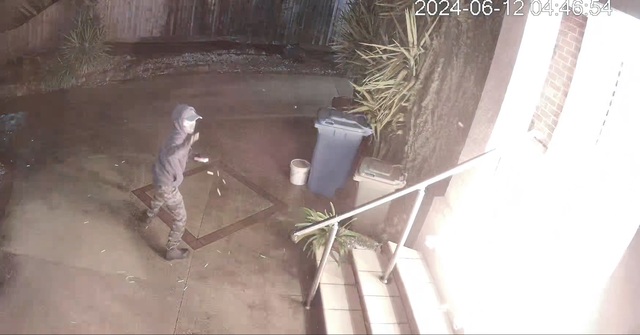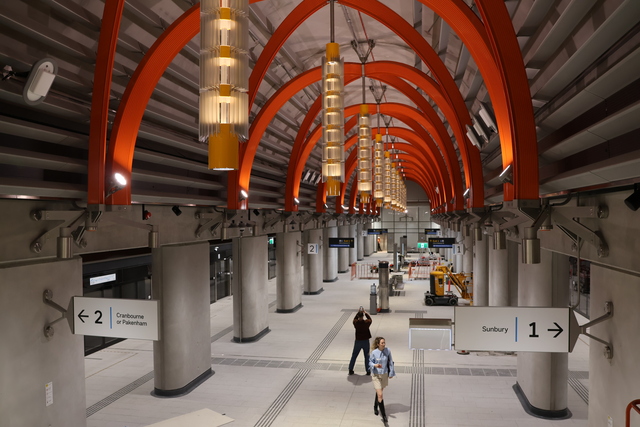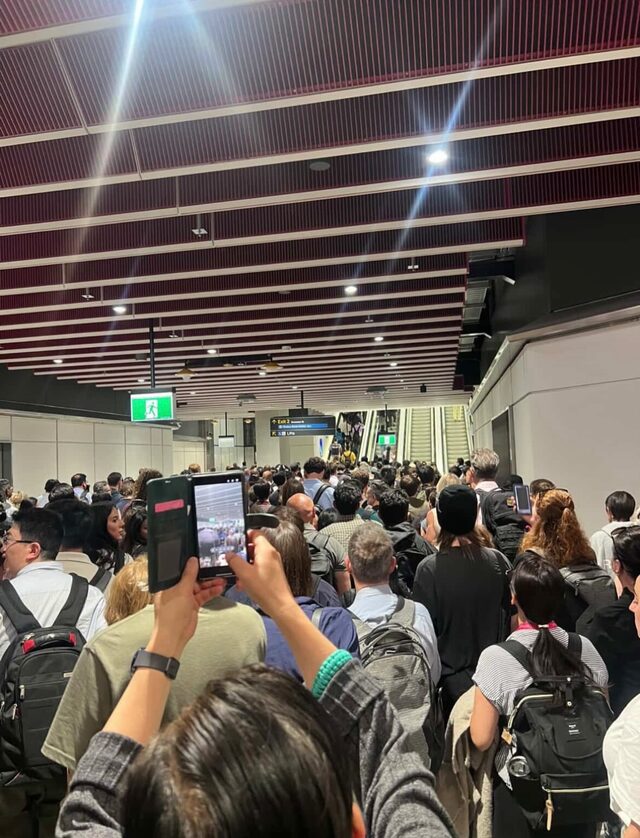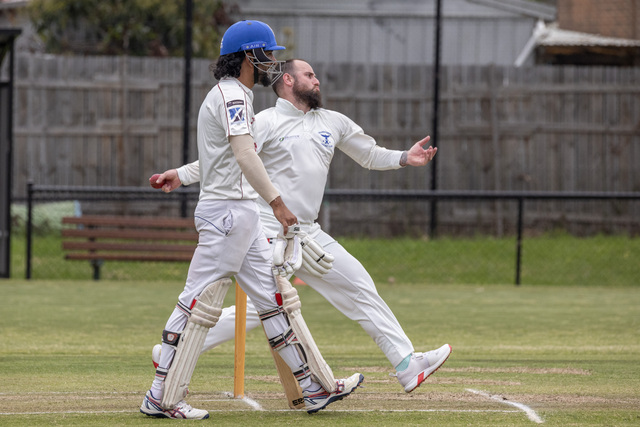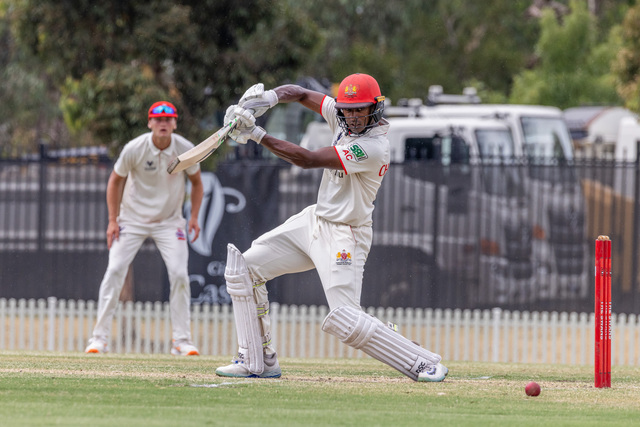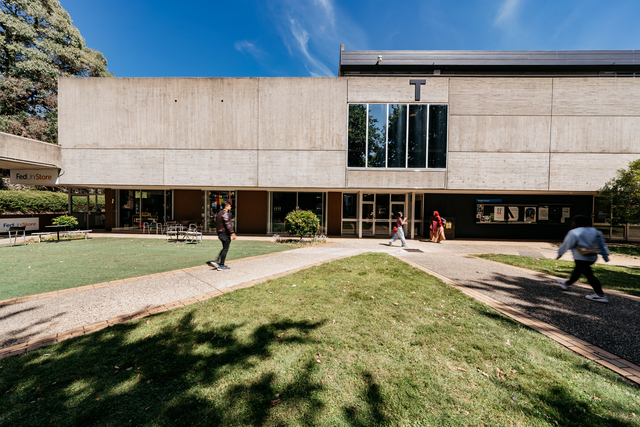Ahead of the Federal Budget, South-East emergency relief services are joining the call for the government to ditch stage-3 tax cuts in favour of more support for the most vulnerable.
The government’s own Economic Inclusion Advisory Committee (EIAC) recommended a “substantial” rise in the “seriously inadequate” Jobseeker payments as a high priority for the budget.
The committee also called for an increase in Commonwealth Rent Assistance and to reform its “indexation to better reflect rent paid”.
Bakhtar Community Organisation CEO Bassir Qadiri said the current JobSeeker and Youth Allowance rates were below the poverty line.
“As a community organisation we work with individuals and families experiencing financial hardship and we see first-hand the challenges they face in meeting their basic needs,” he said.
“Therefore, we believe that increasing the payments would provide much-needed relief for those struggling.”
Mr Qadiri said the organisation would support any changes that would support single parent families.
However, the government should focus on more pressing issues such as the mental health and affordable housing rather than the multi-billion-dollar stage-3 tax cuts, Mr Qadiri said.
South East Community Links chief executive Peter McNamara said the cuts offered no help for those battling to keep afloat.
“It’s very clear that stage-3 tax cuts will only benefit people on high incomes (mostly men),” he said.
“People earning less than $45,000 will receive nothing.
“They should be scrapped, and the money saved can be put towards targeted support for our most vulnerable community members.”
Demand for emergency relief at SECL has doubled in the past year but funding has decreased by 10 per cent.
“We’re doing everything we can to ensure that we don’t turn people away – but the funding situation is becoming untenable,” he said.
Mr McNamara said more had to be done on the “fundamental problem of not enough affordable housing”.
“The dire level of JobSeeker and Youth Allowance is acting as a barrier to employment,” he said.
“It’s difficult for people to focus on finding a job when they are struggling to meet their basic needs.
“People are sleeping on couches, in cars, and are on the edge of homelessness because they cannot afford rent.”
He said people reporting housing costs as the reason for seeking material aid at SECL has increased by 165 per cent in the past year.
“One client told us he had to make the choice between ‘food to eat or being barefooted’.
“He desperately needed new shoes but after paying rent he was left with just $8 per day for essentials like food, transport and clothes,” he said.
With rents rising off the back of soaring interest rates, Rent Assistance needed to be “doubled” to help people access affordable housing, Mr McNamara said.
He also called for an extension of the single-parent payment to families with children up to 16 years old. Currently it’s paid for children up to 8 years old.
Treasurer Jim Chalmers and Social Services Minister Amanda Rishworth formed the EIAC, which is comprised of social security and economics experts, unions, business groups, philanthropy and others.
In a joint media release in response to the EIAC report, Mr Chalmers and Ms Rishworth said, “While we can’t fund every good idea, there will be measures in the May Budget to address disadvantage.
“This will include energy bill price relief that prioritises those on payments and pensions.
“Some of the Committee’s 37 recommendations will be considered as part of other government processes that are currently underway, such as the development of the Employment White Paper, the Measuring What Matters Statement and the Early Years Strategy.”

